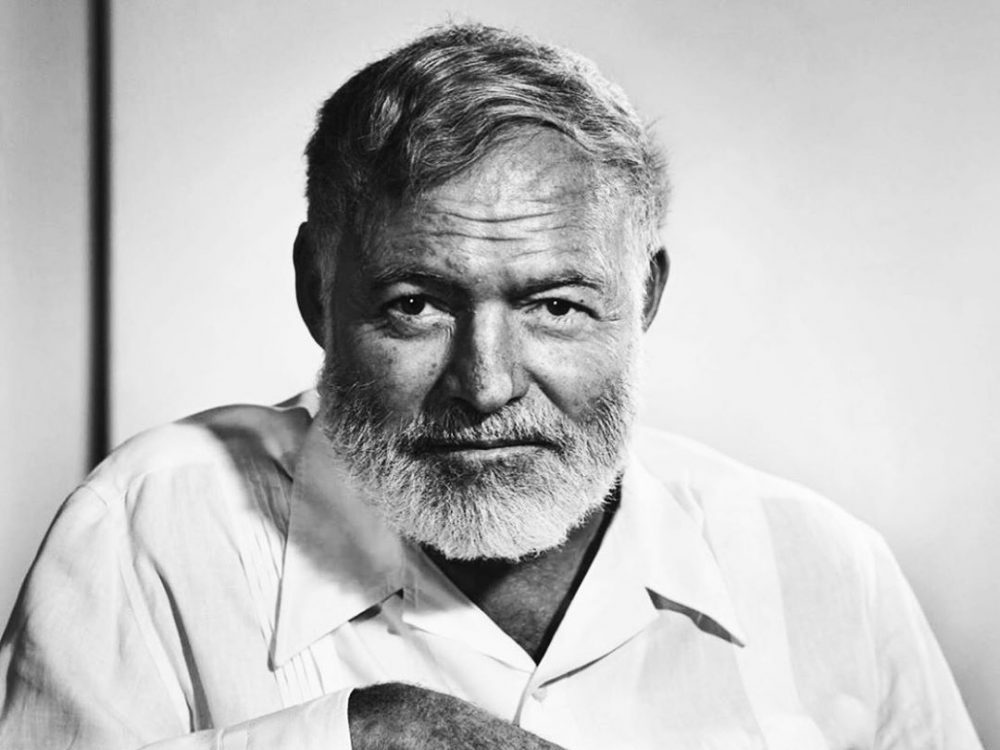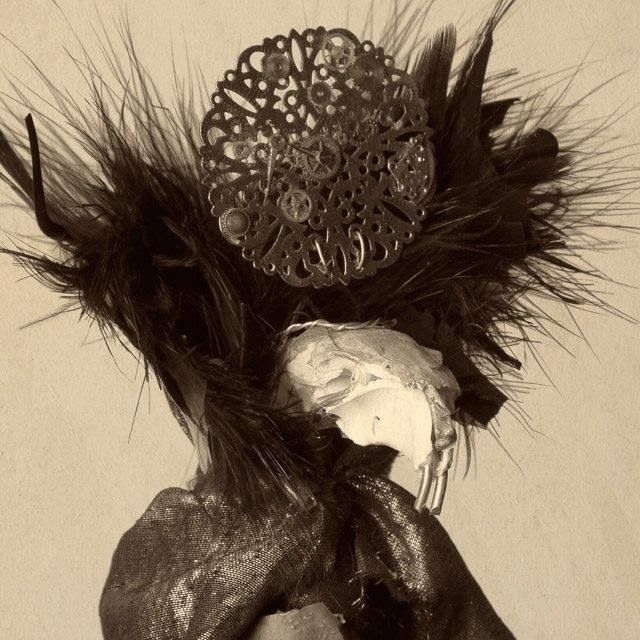Jack Rose


- 3 min read
Let's talk in hushed tones and admit something to ourselves in spite of what all the college professors, high school teachers, editors, bosses and mentors will say. In spite of all the academic reading lists, Cliffs Notes, literary compendiums, text books and self absorbed high brow magazines, we know what they also know, but won't admit. Ernest Hemingway's books aren't that good. It doesn't matter because Hemingway himself lived so much larger than life that we read his work almost as a footnote to the not quite excessive level of stories and legend that surrounds him. His work is almost ancillary, so if we're not reading Hemingway for the literary value, why read Hemingway at all? For the drink. Hemingway liked to drink, and he liked to write about drink.
The Sun Also Rises is a book most likely inspired by one of the author's many adventures, and is as tersely written as anything else he published, but Hemingway could capture reality, or his version of it. A journalist by craft in a day when stories were filed over a telegraph, he developed his style out of necessity. Economy of words was more important than expository quality, and Hemingway became celebrated not for his prose but for his lack of it. To the modern reader, it shows, like a bad status post, or the modern version of reporting done in 140...er...280 characters or less. Hemingway wrote like he wrote, well within the confines and finances of early 20th century technical advancement. His publishers were not going to pay for flowery prose in an age when each character cost money and time, tapped out ditty bop on a wireless telegraph by a Western Union clerk, especially when filed from exotic foreign lands.
The Jack Rose made an appearance in The Sun Also Rises, most likely inspired by the author's vices. A practicing drunk by hobby and lifestyle, Hemingway also knew what to drink, or how to drink, or, does his legend do him justice? The image of the sloppy drunk is well established, bumbling, stumbling, unshaven and poorly dressed in an ill fitting outfit reaching for whatever is available. It doesn't add up. Hemingway achieved a great deal before ending life by his own hand in a moment of questionable sobriety, so how do we reconcile that with the Hemingway of legend? Could it be, perhaps, that Hemingway's knowledge and appreciation for a fine cocktail, along with broad tastes and pleasures founded on curiosity and exploration lead us to think he consumed more than one would consider healthy? Of course, but only by virtue of his chosen career, and the archetypes assigned to the sour and jaded reporter, especially at a time of grandiose prose and self satire from the likes of old school journalists like H. L. Mencken and, on the other side of that coin, scalding, impenetrable, and still relevant critique from American realists like Theodore Dreiser.
Hemingway, on paper, was a world away from realism. Hemingway was a modernist before modernism was a thing. Hemingway was the voice of his generation, the Lost Generation, a generation as missing as Generation X, who, nearly 80 years later would embrace the postmodernist literary figure and find in contemporary works and criticisms the same emptiness and patina that surrounded Hemingway's attempt, along with so many ex-pats in post war Paris, to explain a rapidly changing world in the wake of so much meaningless hyper activity.
Those cocktails, the few details Hemingway allowed himself in the terse age of telegraph taps are, perhaps, his reality. The grounding upon which he managed to observe each and every day through the lens of the curious rather than the critic, and who, instead of losing himself in the political and social upheaval of the time, chose to find himself in adventure and indulgence, seeing and experiencing the world on its terms, never far from nature's embrace.
The Jack Rose was part of it all, as were so many drinks that litter both novel and legend, all of which one can assume were thoroughly researched, just as researched as a climb up Kilimanjaro for no reason other than to see what it was like, and to catch the view from the top. To that end, Hemingway was very much of his time, but his legacy proves that, creatively, he was very much ahead of his time. Except his books just aren't that good, but now we know it's totally OK.
2 oz Applejack
3/4 oz Lime juice
1/2 oz Grenadine
Shake with ice and serve up.